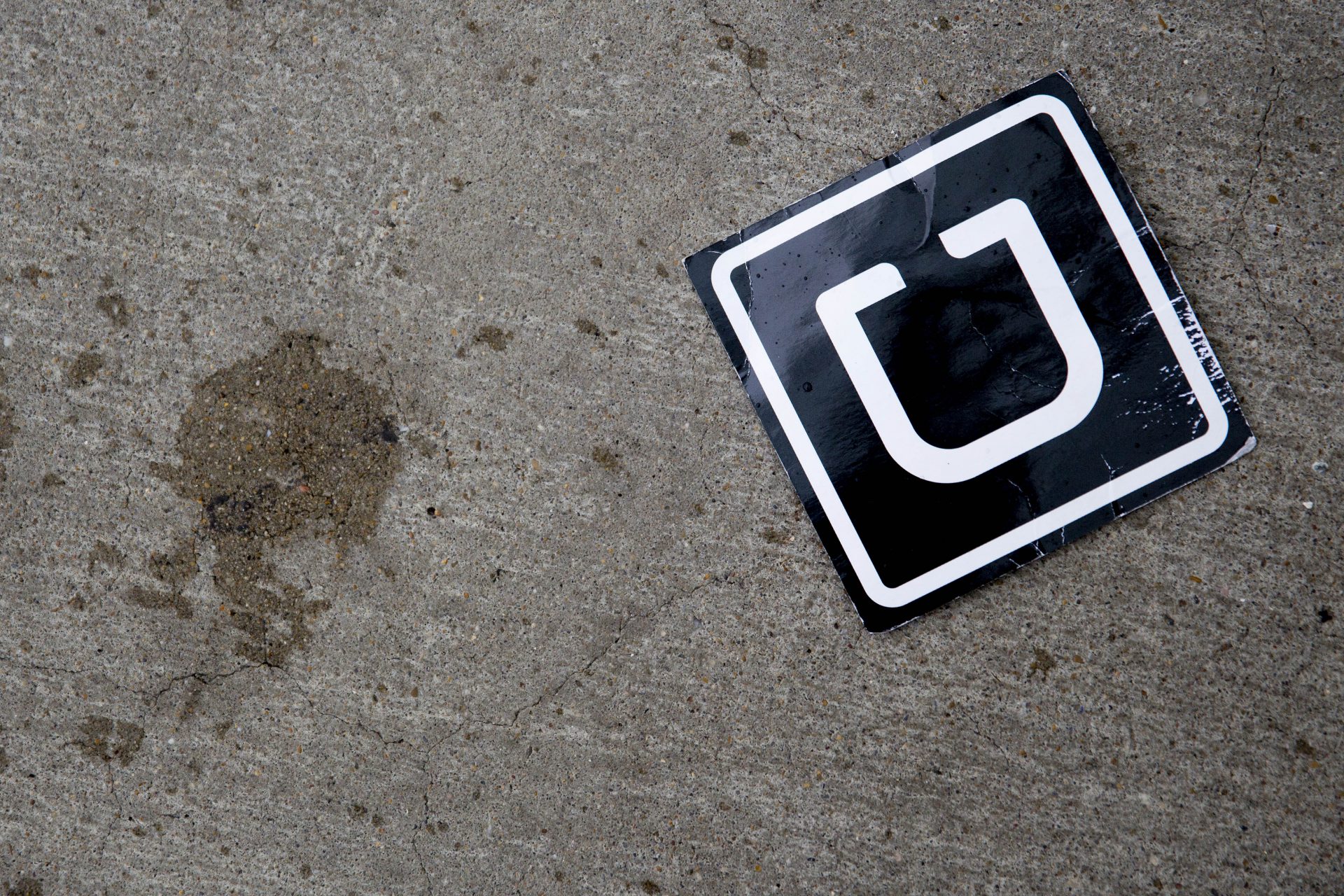

A federal judge rejected Uber’s proposed $3 million class-action settlement with 2,421 New York City drivers. The drivers accuse Uber of underpaying them, and of falsely advertising guaranteed compensation.
On Friday, U.S. District Court Judge Nicholas Garaufis in Brooklyn rejected the proposed settlement due a provision that would allow breach of contract claims he previously dismissed to be revived, as long as the settlement won final approval, reports Reuters. He said this “conditional stipulation” would “leave in limbo” whether driver claims had enough in common to be lumped together in a class-action settlement.
Judge Garaufis also took issue with a $2,500 payment to a driver whose claims had been deemed subject to arbitration. The judge said drivers could resubmit a revised settlement. Jonathan Greenbaum, a lawyer for the drivers, told Reuters that they would refile early this week.
The lawsuit stems from taxes and fees levied against all Uber rides in New York City. Each ride is subject to a 9 percent state sales tax, and a 2.5 percent “black car fund” surcharge, which covers workers’ compensation and death benefits. State law requires those fees to be paid by passengers, meaning they are added on top of fares. But drivers accuse Uber of subtracting the fees from their own fares. The drivers also accuse Uber of falsely advertising guaranteed compensation for drivers without disclosing the conditions.
Uber admitted last year that it underpaid New York drivers for two and a half years, and has paid more than $80 million to around 96,000 drivers as compensation. But the ride-sharing company denies the allegations that it wrongfully subtracted taxes and fees from driver fares or falsely advertised compensation rates.
The lawsuit is one of many legal issues Uber is currently dealing with. Among other things, the company is still in the midst of a court battle with Waymo, which accuses it of using stolen self-driving car trade secrets. But if Uber can get its autonomous-car situation in order, that might mean the end of pesky driver disputes like this one.